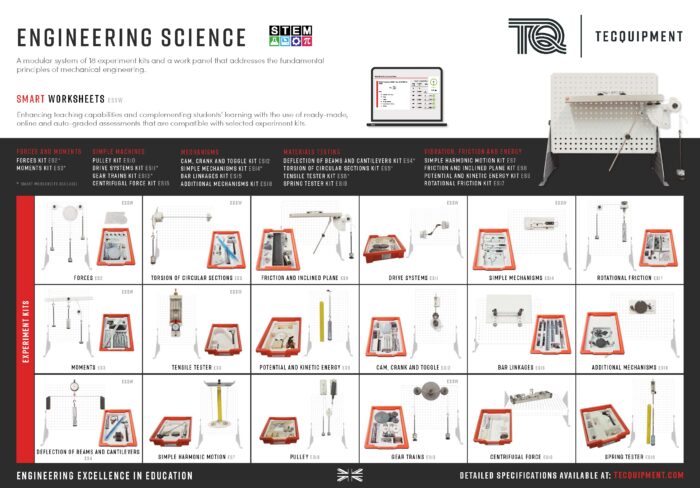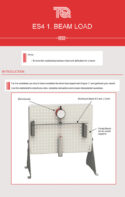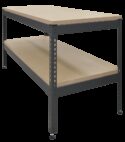Experiment
ES11
DRIVE SYSTEMS KIT
Demonstrates the advantages and disadvantages of three popular drive systems: belt, chain and a universal coupling, using a manually rotated frame with a low friction cantilever linkage, adjustable masses and a spring to apply force.
If you have any questions or you'd like to discuss a product, please call us.
+44 1159 722 611DRIVE SYSTEMS KIT
This kit includes three different drive systems to show their relative advantages and disadvantages. The kit includes extra parts to help show the importance of the angle of lap around a pulley and its relationship with friction.
The kit introduces students to key engineering terms such as gear ratio, pulley ratio and efficiency.
Students test a universal coupling, a belt drive and a chain drive to see how they work and how they differ in the way they transfer motion (power).
This versatile kit is part of a series that allows many experiments using different arrangements of their parts. Students, teachers or lecturers fit the parts of the kit to the Work Panel (ES1) (supplied separately) to study or show an engineering science topic.
The Work Panel (ES1) includes all the worksheets, guidance notes and lecturer notes (with answers) needed for typical experiments with each kit. The selection of parts in the kits and the choice of fixing points on the Work Panel means that teachers or lecturers may extend the experiments to an even greater range.
Learning outcomes
- Power transfer, efficiency and direction in a belt drive
- Power transfer and efficiency in a chain drive
- Input and output relationships of a universal coupling
- Friction and angle of lap on a pulley
For this kit we currently have worksheets available for:
Drive Systems (ES11 and ES13):
- Chain Drive
- Belt Drive
- Spur Gears
Find out more here
Register your interest or purchase this product via our form here












